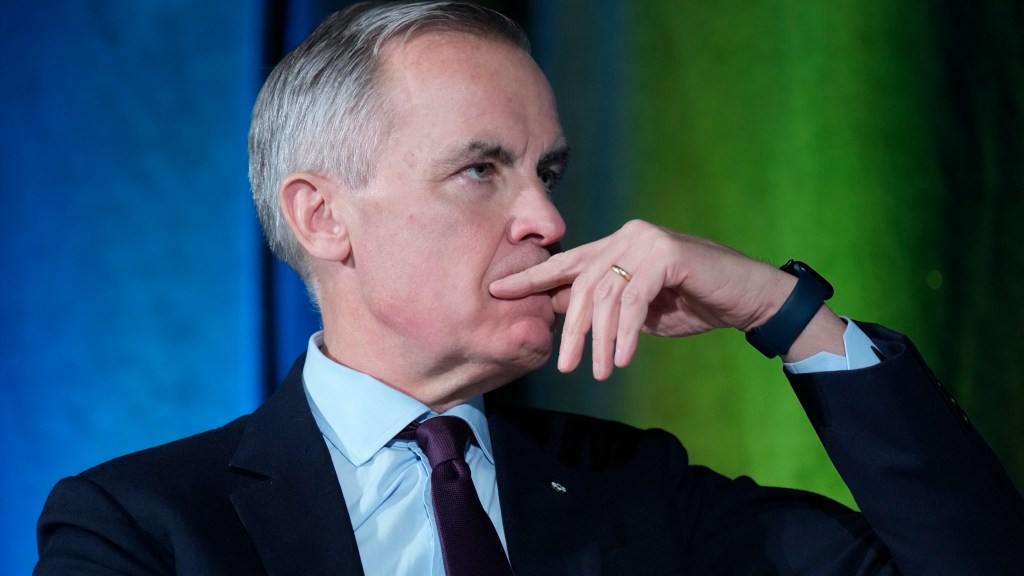Inheritance Tax Implications on Pension Funds for Future Generations
Q. As I approach retirement, I’ve structured my finances to keep my pension intact with the intention of passing it on to my children and grandchildren without incurring inheritance tax. However, recent budget changes have raised concerns that my family might face double taxation from both inheritance tax and income tax. What strategies can I use to withdraw funds from my pension in a tax-efficient manner?
The recent pension reforms announced by the Chancellor indicate that unclaimed pension funds will now be considered part of your estate when assessing whether your heirs are liable for inheritance tax (IHT) after your passing. Currently, pensions do not fall under the IHT category.
Inheritance tax is charged at a standard rate of 40% on estates valued above the ‘nil-rate’ threshold of £325,000. An additional ‘residence nil-rate band’ of £175,000 applies if the estate includes a primary residence left to children, grandchildren, or stepchildren. This allows an individual to pass on up to £500,000 without incurring IHT. An estate’s value encompasses all your assets—properties, savings (most pensions excluded), and valuables like art or jewelry.
While the decision to apply IHT to pensions is confirmed, its implementation is not scheduled until April 2027. The specifics regarding its application remain unclear, and it’s uncertain if there will be any protections for individuals who have made financial decisions based on the current rules. Notably, if an individual passes away before April 2027, their beneficiaries will not incur IHT on the inherited pension, which necessitates careful contemplation before making any hasty alterations.
If a person dies before turning 75, the beneficiary of their pension fund is not required to pay income tax on withdrawals. This regulation remains unchanged, providing yet another reason to refrain from acting too quickly.
Once funds are taken from your retirement fund (excluding the 25% that can be withdrawn tax-free), these amounts will be subject to income tax and included in your estate for IHT calculations, thereby perpetuating the potential for ‘double taxation.’ Withdrawing taxable income from your pension also activates the money purchase annual allowance, decreasing the annual pension contribution limit eligible for tax relief from £60,000 to £10,000.
If you proceed with taxable withdrawals, a gradual approach can be effective. By keeping withdrawals within certain thresholds, you can minimize your tax exposure.
To pass along any withdrawn amounts, you can utilize the £3,000 annual gifting allowance, as gifts within this cap are immediately removed from your estate concerning IHT. Should you wish to gift more, the seven-year rule remains intact. Under this regulation, gifts do not count towards your estate for IHT purposes, as long as you survive for seven years post-gift. Should you pass away between three to seven years after making a gift, IHT applies on a sliding scale ranging from 32% to 8%, decreasing by 8 percentage points per year.
You can also make regular payments to another individual without incurring IHT, provided these payments are sustainable from your monthly income while covering your living expenses.
Lastly, while your focus might be on bequeathing funds to your children and grandchildren, the spousal exemption to IHT remains applicable to any assets inherited by a spouse or civil partner, including pension funds, even after the April 2027 changes.
Inheritance tax laws are intricate, and the recent budget changes further complicate matters regarding pensions. Before making any financial decisions related to your retirement funds, it is advisable to consult with a certified financial adviser to discuss your specific situation.
Tom Selby serves as the director of public policy at AJ Bell and advocates for pension reform initiatives, including the prohibition of cold-calling related to pensions and the enhancement of pension allowances.




Post Comment